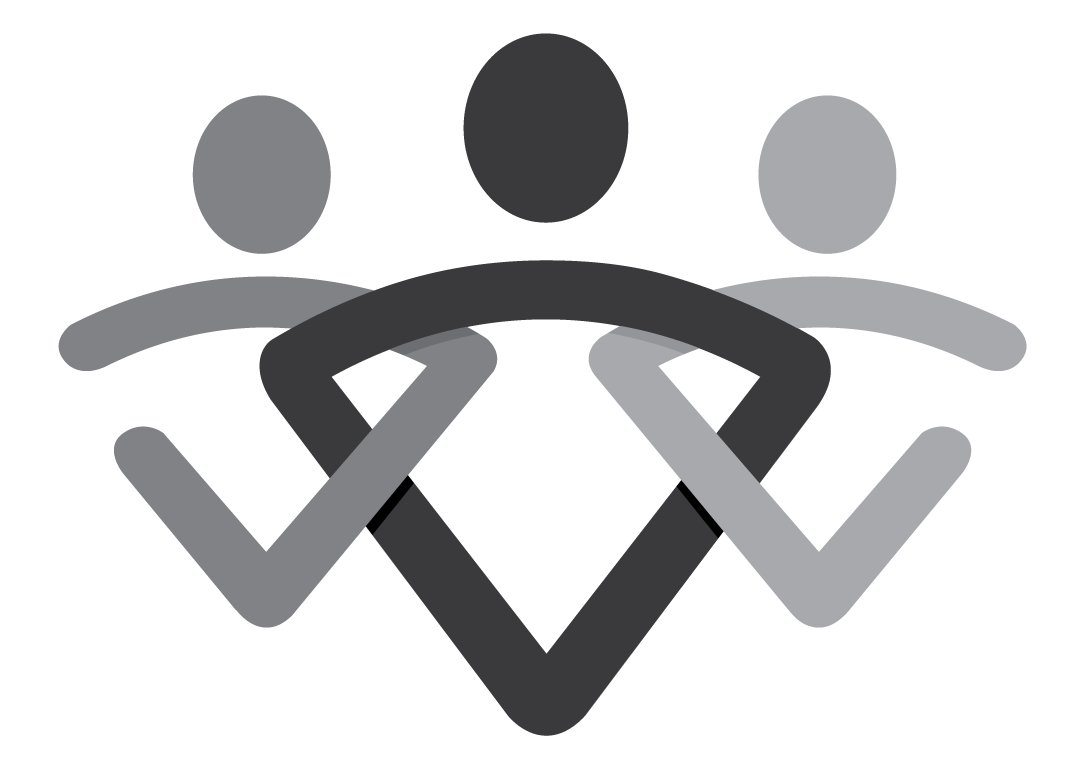What is Breakthrough Anxiety and Why Should I Be Aware of It?
Imagine a serene lake, its surface calm and tranquil, reflecting the surrounding landscape with clarity. Suddenly, a stone skips across the water, disrupting the peaceful surface with ripples that radiate outward, distorting the once-still reflection. This image mirrors breakthrough anxiety—a sudden disturbance in the steady flow of emotions, causing unexpected waves of intense anxiety, despite attempts to remain calm.
Having worked as a therapist for over two decades, I've witnessed firsthand the challenges of identifying and managing anxiety. Understanding that anxiety is a normal response to perceived threats and distress is important. However, when anxiety becomes persistent, disrupts daily life, or pops up unexpectedly as such with breakthrough anxiety, there is a bigger problem that needs to be addressed. In this article, I aim to define breakthrough anxiety, explore its onset and physical reactions, and offer strategies for managing it.
What is breakthrough anxiety?
Breakthrough anxiety manifests as a sudden and intense wave of anxious feelings, occurring despite continuous efforts to manage or control anxiety symptoms. This term typically describes moments where individuals, usually adept at handling their anxiety, encounter a brief and heightened surge of distress. This surge often surpasses their usual baseline level of anxiety and catches them by surprise.
"Everything was going fine, and then out of nowhere, I felt like I couldn't breathe.
It's like my mind just went into overdrive, and all the coping techniques I usually use just didn't work."
What are the physical symptoms?
When anxious, the body enters a "fight-flight-freeze" mode, triggered by the release of adrenaline from its adrenal glands. This surge of adrenaline ensures the brain and body are supplied with extra oxygen, preparing for quick reactions to potential threats.
However, during these anxious episodes, resources like blood, oxygen, and glucose are drawn away from the telencephalon, the brain's creative and rational thinking center. Instead, they're sent to the amygdala, which focuses on immediate responses.
This brain response complicates clear and rational thinking while in a state of anxiety or panic. As a result, you can experience a range of physical symptoms:
- Discomfort or stiffness in your neck, shoulders, or jaw may result from grinding your teeth, clenching your jaw, or tightly squeezing your fists.
- Persistent headaches, stomachaches, and inexplicable pains.
- Tension, irritability, restlessness, fatigue, or difficulty falling asleep and staying asleep.
- Panic attacks, triggered by symptoms such as a racing heart, palpitations, sweating, nausea, chills, a sense of losing control, and an overwhelming feeling of impending doom.
- Chronic indigestion including stomach aches, diarrhea, and constipation.
- Compulsive behaviors such as rubbing your fingers together, clearing your throat, chewing your lips, picking at your skin or hair, or tapping or shaking your leg.
What are key triggers that can lead to breakthrough anxiety?
Though triggers vary from person to person, the most common present themselves with major life changes and global events such as:
- Moving
- Starting a new job
- Giving birth
- Divorce
- Loss of a loved one
- Lack of clarity about the future
- Uncertain outcomes to unresolved events
- Health problems
- Media overload
Have recent world events made breakthrough anxiety more prevalent?
In today's world, dominated by pandemics, climate change, and global conflicts, it's common to feel anxious amidst these uncertain times. The shock and fear, compounded by information overload—particularly negative news—can strain emotional well-being.
How to Identify Triggers
To prevent a triggering event, you must recognize what your triggers are. Use these methods to assist in identifying your emotions:
- Think about you’re feelings: Is anything bothering you, making you nervous or scared?
- Consider major stressors: Is there anything unusual that contributes to stress?
- Work with a therapist: A therapist can help identify patterns that may be triggering your anxiety through techniques such as cognitive behavioral therapy.
- Journal: When, how often, and how are these triggers appearing?
- Reflect on past experiences: What has brought on your anxiety before, and are you putting yourself in similar situations now?
Does it benefit to increase awareness of breakthrough anxiety?
Heightened awareness and the ability to identify triggers are essential for intervening before situations escalate. By pinpointing the root cause, individuals can confront fears, anxieties, and heightened emotions to reduce ongoing stress. While anxiety is often manageable and treatable, severe cases require recognition and a willingness to implement stress management techniques.
What strategies can help tackle breakthrough anxiety?

The best way to navigate the complexities of stress and anxiety is to develop a toolbelt of techniques aimed at decreasing and managing the adverse effects of anxiety.
- Be prepared: Use a journal or a tracking app to recognize patterns and identify common themes to heighten awareness.
- Mindfulness and relaxation techniques: Engage in mindfulness meditation, deep breathing, grounding exercises, or progressive muscle relaxation to calm the mind and body.
- Reduce exposure to news and social media: Avoiding negative information, comparison, and misinformation will promote relaxation and mindfulness.
- Seeking support: Connect with friends and family for emotional support and guidance.
- Break tasks into smaller steps: Break down daunting tasks into smaller, manageable chunks to reduce overwhelm and facilitate progress.
- Setting realistic goals: Set achievable goals that align with your abilities and resources, avoiding setting unrealistic expectations.
- Healthy lifestyle choices: Prioritize self-care, establishing a daily routine through adequate sleep, nutritious diet, regular exercise, and minimizing substance use to provide a sense of predictability and stability.
- Cognitive behavioral techniques: Challenge negative thought patterns and replace them with more realistic and positive perspectives.
- Time management skills: Organize your time effectively, prioritize tasks, and schedule regular breaks to prevent burnout.
- Engage in Hobbies and Activities: Dedicate time to activities you enjoy to foster relaxation and a sense of fulfillment.
- Acceptance and Adaptation: Accept uncertainties and changes as part of life, focusing on adapting to challenges rather than resisting them.
- Seeking Professional Help: If anxiety persists and significantly impacts daily functioning, consider working with a therapist to challenge negative thoughts and receive tailored support and treatment options.
In conclusion
Revisiting the analogy of the tranquil lake disturbed by skipping stones, which illustrates breakthrough anxiety, emphasizes how abrupt and unforeseen disruptions in the mind can profoundly affect mental well-being.
At Creating Connections Counseling, we recognize the importance of acknowledging and addressing the disruptions anxiety causes and addressing them promptly and efficiently.
Identify & Resolve Your Breakthrough Anxiety
If you or a loved one seeks support in managing their stress and anxiety, Creating Connections Counseling in Pittsburgh & Wexford, PA offers both in-person and virtual therapy for anxiety. Our team of skilled clinicians can evaluate and develop a personalized plan that helps reclaim a fulfilling life. Contact us today at (412) 229-7353 or fill out our online intake form to get started.
Catia Fath, NCC, LPC is a therapist with 20 years of experience helping adults manage anxiety, depression, personality concerns, and relationship concerns.


